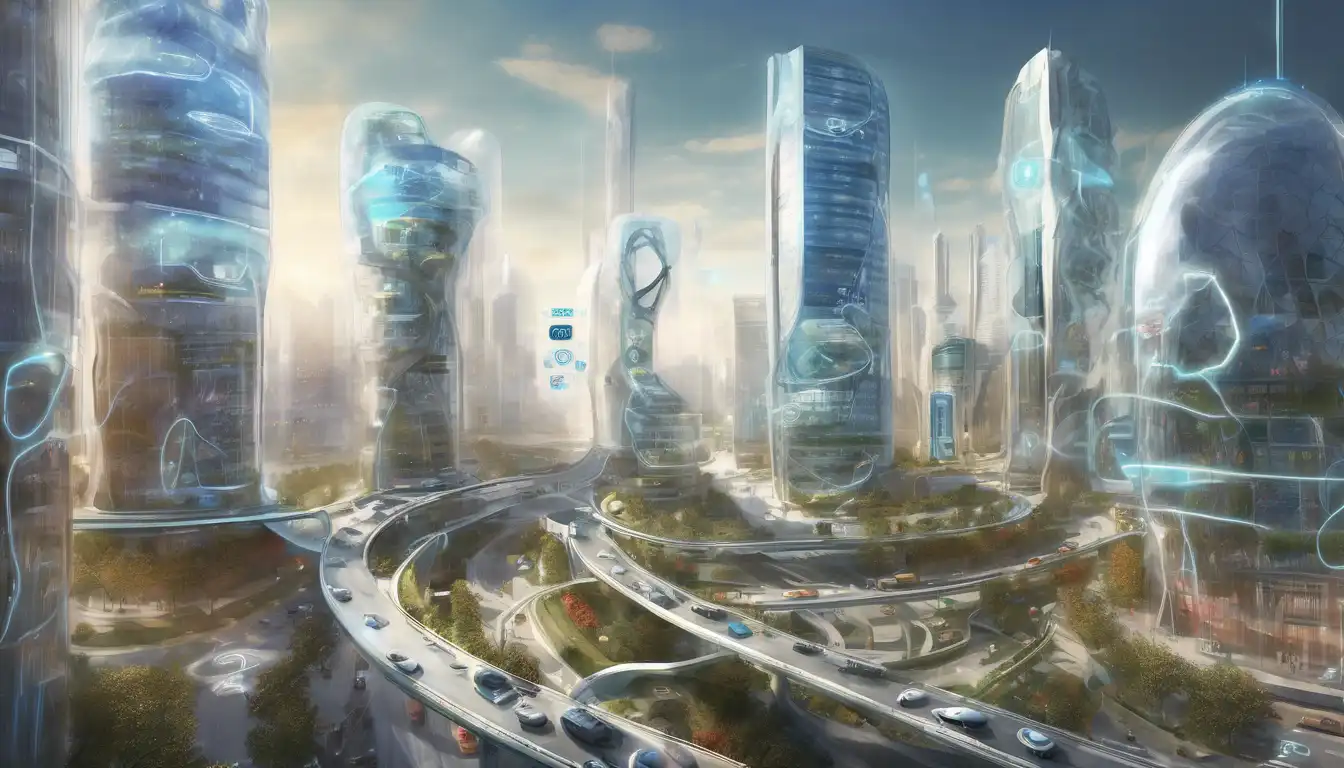The Role of IoT in Shaping Smart Cities
The Internet of Things (IoT) is revolutionizing the way we live, work, and interact with our urban environments. By connecting devices, sensors, and systems across cities, IoT is paving the way for smarter, more efficient urban spaces. This article delves into the transformative potential of IoT in smart cities, highlighting key benefits, challenges, and future prospects.
Key Benefits of IoT in Smart Cities
IoT technology offers numerous advantages for urban development, including:
- Enhanced Efficiency: IoT enables real-time monitoring and management of city resources, reducing waste and improving service delivery.
- Improved Sustainability: Smart energy grids and waste management systems help cities reduce their environmental footprint.
- Increased Safety: IoT-powered surveillance and emergency response systems enhance public safety and security.
- Better Quality of Life: From smart lighting to traffic management, IoT innovations make urban living more convenient and enjoyable.
Challenges Facing IoT Implementation
Despite its potential, the integration of IoT into smart cities is not without challenges. Key issues include:
- Privacy Concerns: The collection and analysis of vast amounts of data raise significant privacy and security questions.
- High Costs: The initial investment required for IoT infrastructure can be prohibitive for some cities.
- Technical Complexity: Implementing and maintaining IoT systems requires specialized knowledge and skills.
- Interoperability Issues: Ensuring different IoT devices and systems can work together seamlessly is a major hurdle.
Future Prospects of IoT in Smart Cities
Looking ahead, IoT is set to play an even more pivotal role in urban development. Innovations such as 5G connectivity and AI-powered analytics will further enhance the capabilities of smart cities. Moreover, as technology becomes more affordable and accessible, we can expect to see wider adoption of IoT solutions across the globe.
For those interested in learning more about the intersection of technology and urban development, exploring smart city initiatives can provide valuable insights into how cities are leveraging IoT to address contemporary challenges.
Conclusion
The future of IoT in smart cities is bright, with the potential to transform urban living in unprecedented ways. By addressing current challenges and harnessing emerging technologies, cities can unlock the full potential of IoT to create more sustainable, efficient, and livable environments for all.
